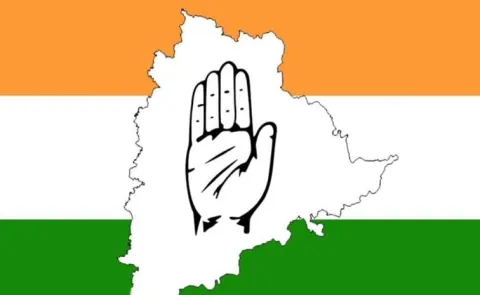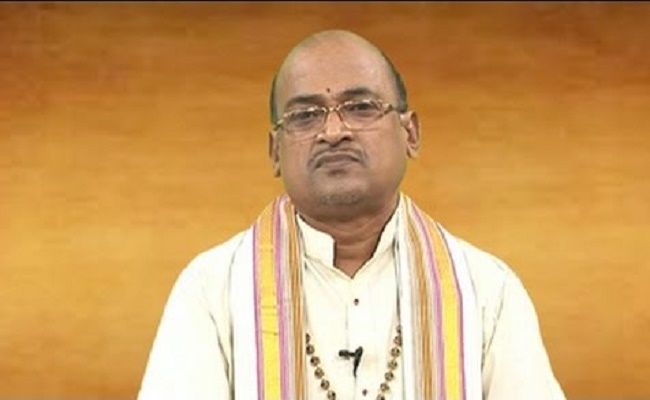In a surprising turn of events, the Telangana High Court has delivered a significant blow to senior Indian Administrative Service (IAS) officer Yerra Srilakshmi. On Friday, the court dismissed her petition seeking to be discharged from the high-profile illegal mining case associated with the Obulapuram Mining Company (OMC), a firm linked to former Karnataka minister Gali Janardhan Reddy.
Srilakshmi, who has held various key positions within the Andhra Pradesh government, had sought relief from the court, arguing that there was insufficient evidence to implicate her in the ongoing investigation. However, the court’s ruling indicates that the legal challenges surrounding the OMC case are far from over for the senior bureaucrat.
The OMC case has drawn significant media attention due to its connections with high-ranking officials and allegations of widespread corruption in the mining sector. Gali Janardhan Reddy, the company’s owner, has faced numerous legal battles over accusations of illegal mining operations that have reportedly caused extensive environmental damage and financial loss to the government.
The court’s decision to deny Srilakshmi’s petition marks a critical moment in the case, as it underscores the judiciary’s commitment to pursuing accountability in high-stakes corruption cases. Legal experts believe the ruling may set a precedent for future cases involving public officials and their alleged complicity in illegal activities.
As the situation unfolds, Srilakshmi now faces the prospect of being embroiled in lengthy legal proceedings. The implications of the court’s ruling extend beyond her personal circumstances; they reflect a broader effort by authorities to address corruption within the mining industry in India.
Following the court’s decision, Srilakshmi’s supporters have expressed dismay, arguing that the case against her lacks merit. They contend that the IAS officer has been unfairly targeted amid a politically charged environment surrounding the mining sector. Conversely, critics maintain that the ruling is a necessary step toward ensuring transparency and accountability among public officials.
The fallout from this case is likely to reverberate across the political landscape in Andhra Pradesh and beyond, as it raises critical questions about governance, ethics, and the responsibilities of public servants. Observers are closely monitoring how this legal battle will unfold, particularly given the implications for Srilakshmi’s career and the ongoing scrutiny of the mining sector in India.
As the dust settles from this latest ruling, all eyes will be on the subsequent legal maneuvers and whether Srilakshmi will be able to mount a successful appeal. The case continues to serve as a stark reminder of the challenges faced by those in positions of power and the stringent oversight that accompanies their roles.



